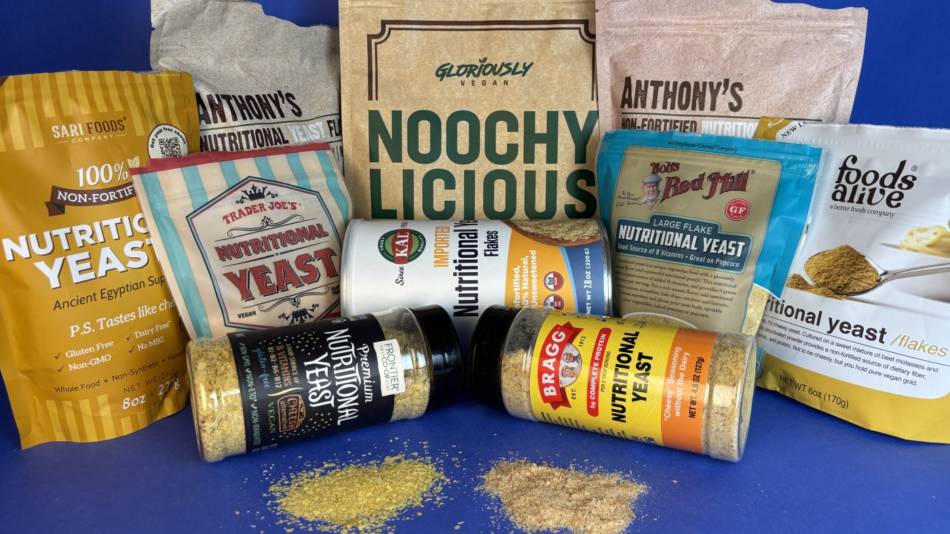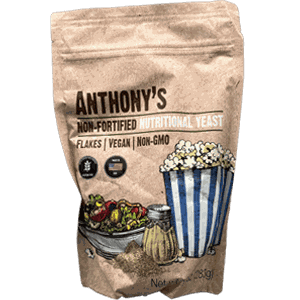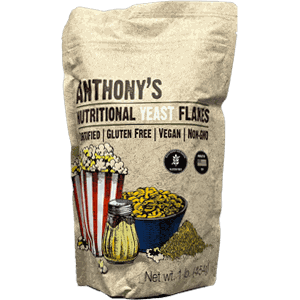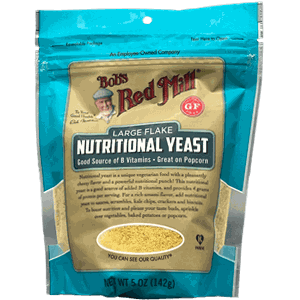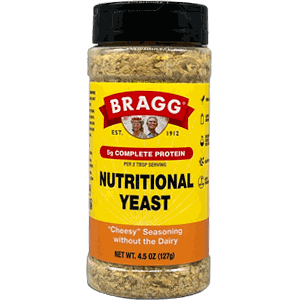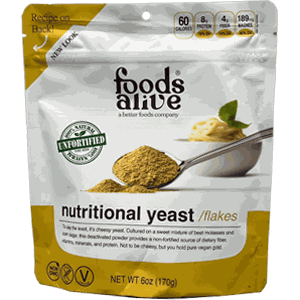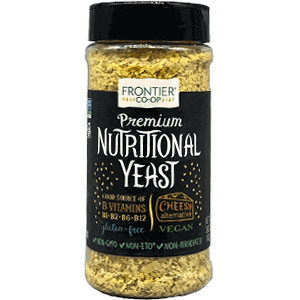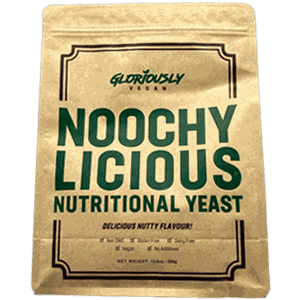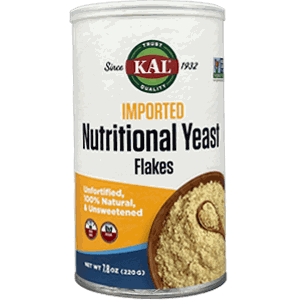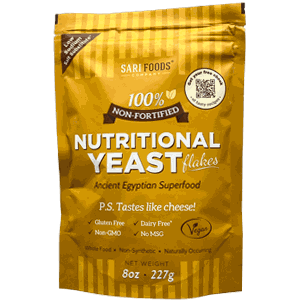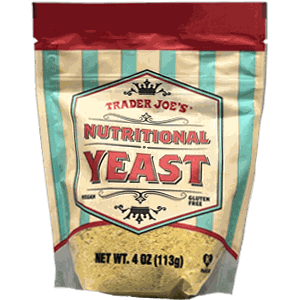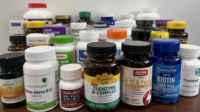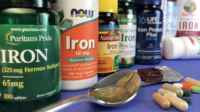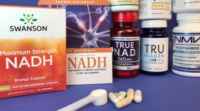Summary
What did ConsumerLab's tests of nutritional yeast products reveal?
Only one out of 10 nutritional yeast products passed our tests. Nine were discovered to contain much lower amounts of iron or specific vitamins than claimed on labels. Several fortified nutritional yeast products contained amounts of niacin exceeding the upper tolerable intake level for niacin, which may cause adverse effects, such as skin flushing, tingling, or burning. Heavy metal contamination was not found to be a problem among the tested products (see What CL Found and How Products Were Evaluated).
 Which is the best nutritional yeast product?
Which is the best nutritional yeast product?
Our Top Pick among nutritional yeasts was accurately labeled, delivered significant but safe amounts of vitamins including B-6, B-12, folate, niacin, and iron, had exceptional taste, was reasonably priced, and passed tests for potential contamination with lead, arsenic, cadmium, and mercury.
What are the benefits of nutritional yeast?
Nutritional yeasts provide significant amounts of protein, fiber, and niacin. Fortified products include substantial amounts of B vitamins (see What It Is).
What is the nutritional difference between non-fortified and fortified nutritional yeast?
As noted above, fortified nutritional yeast typically contains added vitamins, such as B-6, B-12, niacin, folate, riboflavin, thiamin, and pantothenic acid. Riboflavin and folate give fortified nutritional yeast a yellow color, while non-fortified nutritional is tan.
Nutritional yeast safety and side effects:
Nutritional yeast can trigger yeast allergies and may cause gastrointestinal upset in some people. People who need to avoid to monosodium glutamate (MSG) may wish to avoid nutritional yeast, as it natural contains MSG (see Concerns and Cautions).

